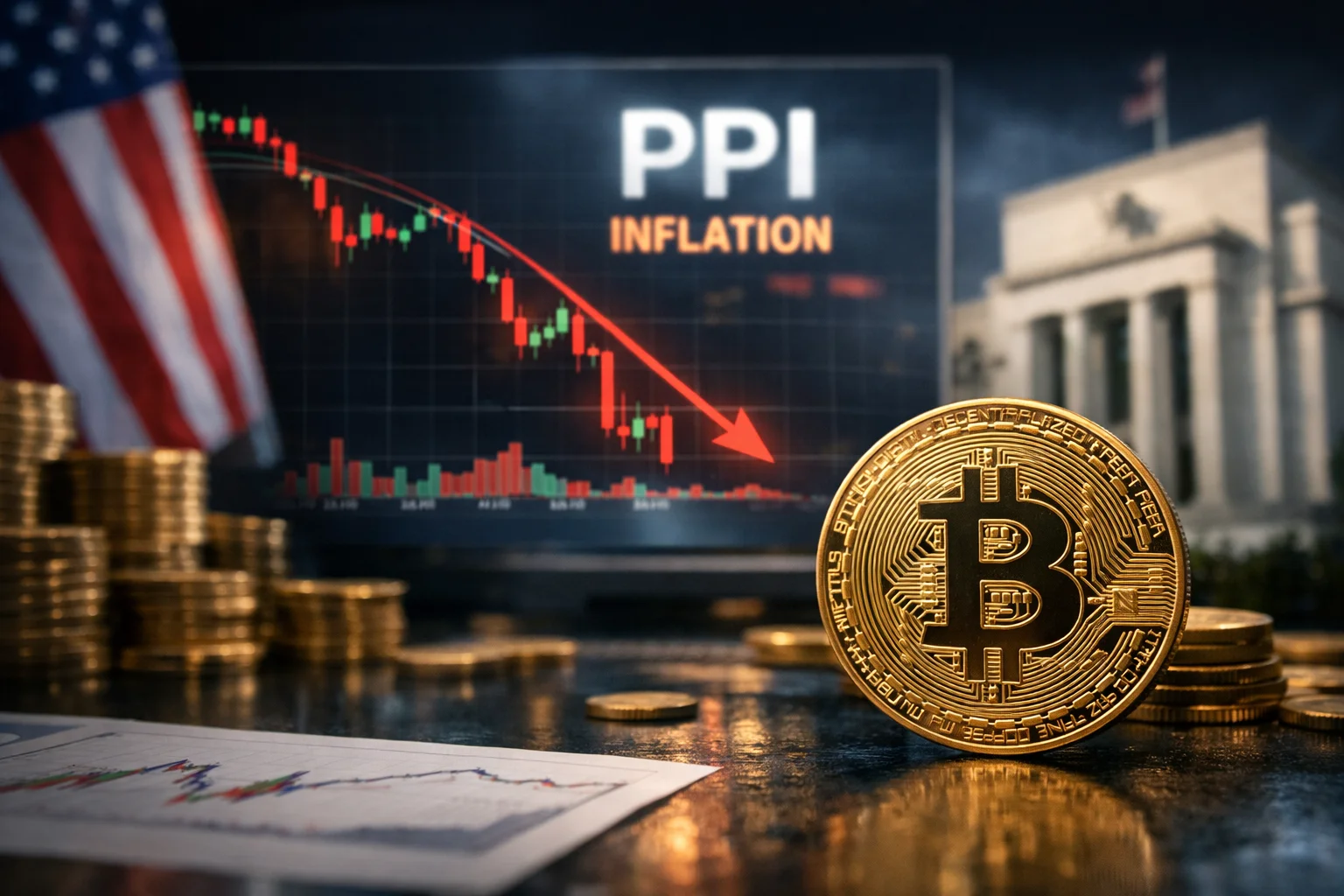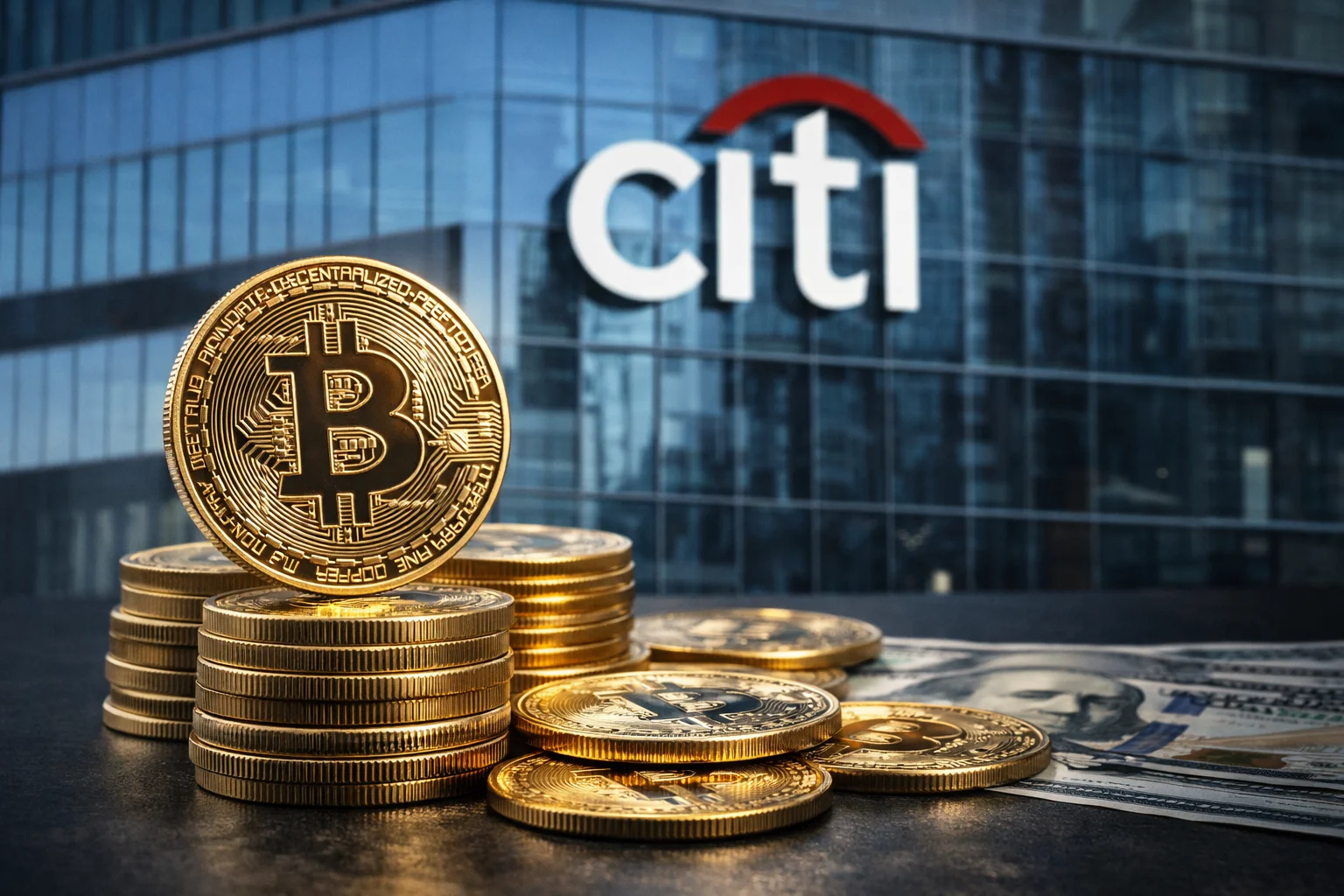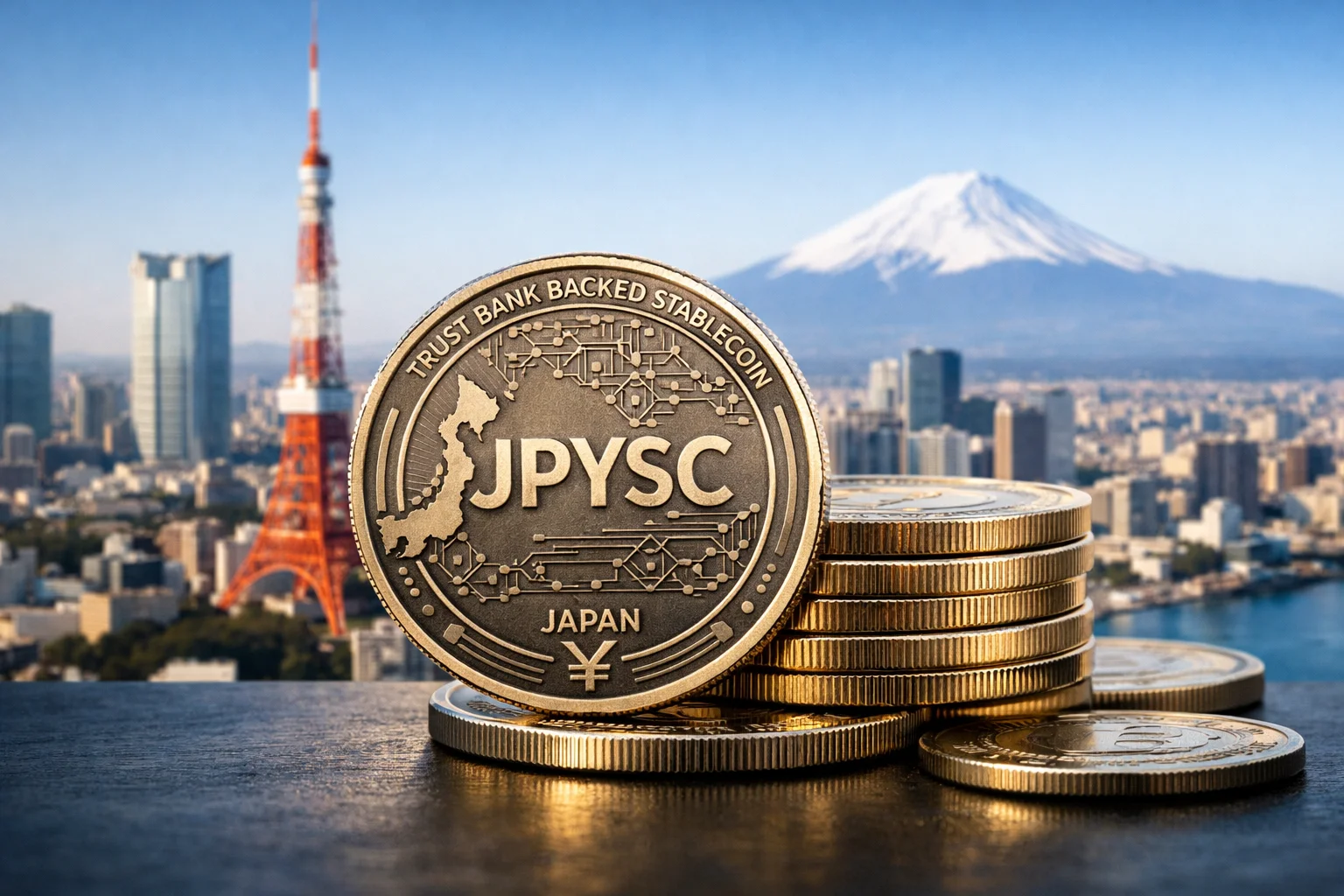NATO and European Countries Join the Bitcoin Reserve Race
The US's official move to create a Bitcoin reserve has led to similar moves by China and Russia, signaling the beginning of a new era in the global financial system. While Bitcoin's limited supply and decentralized structure make it an important strategic asset, these developments are also leading European and NATO countries to take similar steps.
Transformation of Traditional Finance
For many years, European countries have been managing their economic reserves through gold and foreign exchange stocks. Germany has 3,400 tons, Italy has 2,450 tons, and France has 2,400 tons of gold reserves. However, the idea that Bitcoin will be the financial reserve of the future with its scarcity principle and easily transferable structure has begun to spread.
Europe's Bitcoin Move
The countries affiliated with the European Union, especially Germany, France, and the Netherlands, have become unable to ignore the role of Bitcoin in the financial system. The acceleration of the ECB's (European Central Bank) digital euro studies further increases the importance of decentralized assets such as Bitcoin.
Germany is known as one of the world's largest Bitcoin investors and continues to increase its BTC reserves through various financial institutions. In France, although regulations are strict, discussions are gaining momentum that digital assets can be considered a strategic reserve.
NATO Countries and Bitcoin Reserves
For NATO countries, the acceptance of Bitcoin as a reserve asset is becoming more inevitable, especially with the moves of the US in this area. Major NATO members such as the UK, Canada and Germany are closely following the US's Bitcoin strategy and are diversifying their reserve management.
The Bank of England's interest in digital assets in particular indicates that this process will accelerate. Canada, on the other hand, is more advanced in terms of regulation and stands out as one of the countries that allowed institutional Bitcoin investments early.
How Will the Bitcoin Reserve Race Affect the Global Economy?
The inclusion of Bitcoin in state reserves could create a major change in the global economy. With the adoption of digital assets:
Dependence on fiat currencies may decrease, and central banks may consider Bitcoin as a safe haven against inflation.
The digital economy may become stronger, and financial transfers between countries may become faster and more cost-effective.
The financial superiority of the US may be questioned, and other countries may develop alternatives to the dollar-centered economic system.
The US’s moves to increase its Bitcoin reserves are forcing European and NATO countries to follow suit. Digital assets are no longer just investment tools, but are becoming part of international economic strategies. In the coming years, we may see global balances of power reshaped through Bitcoin reserves.
Author: Besim Şen




